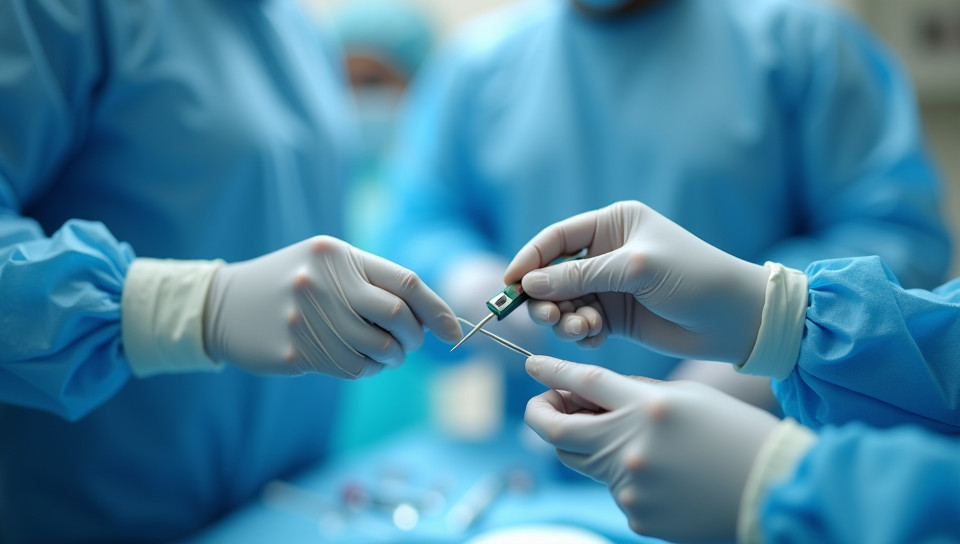Sterile techniques ensure safe needle use in medical settings 98%

Sterile Techniques for Safe Needle Use
When it comes to medical procedures, one mistake can have devastating consequences. In healthcare settings, needles are used extensively, and improper handling can lead to the transmission of blood-borne pathogens, infections, and even fatalities. However, with the implementation of sterile techniques, medical professionals can ensure safe needle use, protecting patients and staff alike.
Importance of Sterile Techniques
Sterile techniques are essential in maintaining a clean and hygienic environment during medical procedures. This involves following a set of protocols to prevent contamination and minimize the risk of infection.
Risks Associated with Non-Sterile Needles
- Lack of proper needle handling can lead to puncture wounds
- Exposure to blood-borne pathogens such as HIV, hepatitis B, and C
- Infections from bacteria like MRSA (methicillin-resistant Staphylococcus aureus)
- Increased risk of hospital-acquired infections (HAIs)
Implementing Sterile Techniques
To ensure safe needle use, medical professionals must adhere to strict sterile techniques. This includes:
Preparing the Work Area
- Ensuring the workspace is clean and free from clutter
- Using disposable gloves and face masks
- Providing a dedicated area for needle disposal
Handling Needles Safely
- Using sterile needles and syringes
- Minimizing touching of the needle's hub or shaft
- Avoiding recapping or bending needles
Conclusion
Sterile techniques are critical in medical settings, ensuring safe needle use and preventing infections. By following these guidelines, healthcare professionals can maintain a clean environment, minimize risks, and provide high-quality care to patients. The implementation of sterile techniques is not only essential but also mandatory for maintaining patient safety and trust in the medical profession.
- Created by: Olivia Brunner
- Created at: Jan. 23, 2025, 4:08 p.m.
- ID: 18632








